No one would talk much in society if they knew how often they misunderstood others
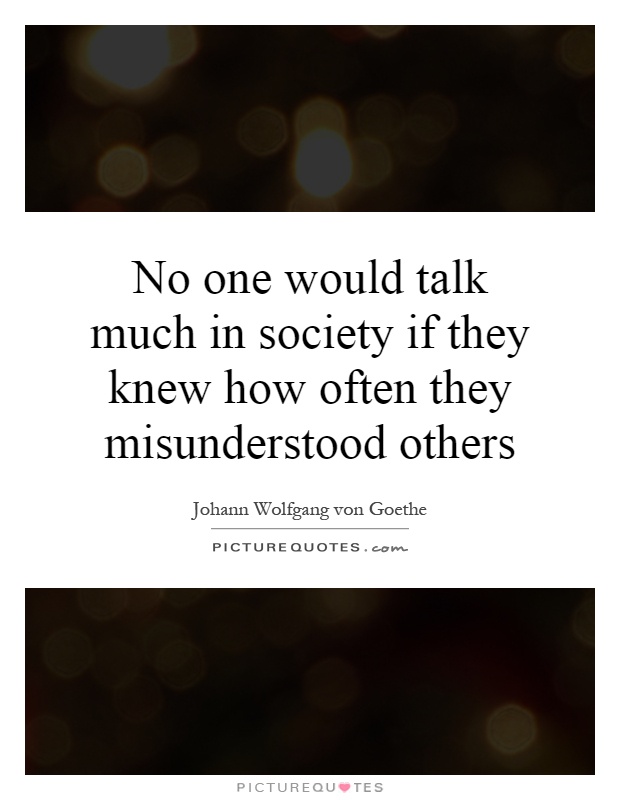
No one would talk much in society if they knew how often they misunderstood others
Johann Wolfgang von Goethe, a German writer, poet, and philosopher, was known for his keen insight into human nature and the complexities of social interactions. In his works, he often explored the theme of miscommunication and misunderstanding among individuals in society. The quote, “No one would talk much in society if they knew how often they misunderstood others,” perfectly encapsulates the essence of Goethe’s observations on human behavior.Throughout his literary career, Goethe delved deep into the intricacies of human relationships and the challenges of effective communication. He understood that people often misinterpret each other’s words and actions, leading to misunderstandings and conflicts. In his novel, “The Sorrows of Young Werther,” Goethe portrays the tragic consequences of miscommunication between the protagonist, Werther, and his love interest, Charlotte. Their inability to understand each other’s feelings and intentions ultimately leads to a heartbreaking end.
In his play, “Faust,” Goethe explores the theme of miscommunication on a grander scale, as the titular character makes a pact with the devil due to his own misunderstandings and misguided desires. The consequences of Faust’s actions highlight the destructive power of miscommunication and the importance of clear and honest communication in human relationships.
Goethe’s quote serves as a reminder that communication is a complex and delicate process that requires careful attention and understanding. In a society where people are quick to judge and misunderstand each other, it is essential to approach conversations with empathy and open-mindedness. By acknowledging our own limitations and biases, we can strive to bridge the gap between ourselves and others, fostering deeper connections and mutual understanding.
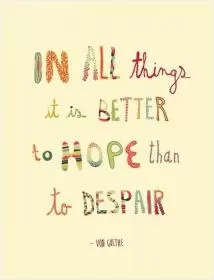




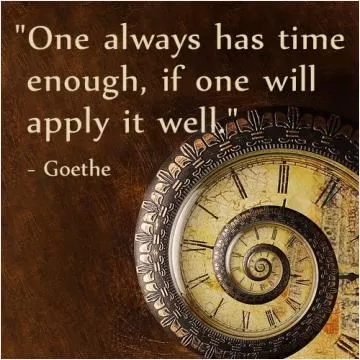


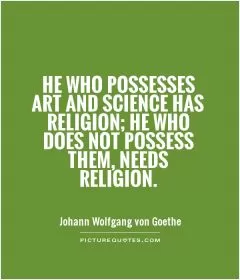

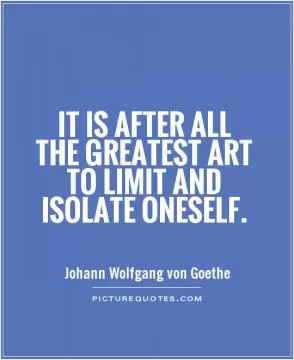
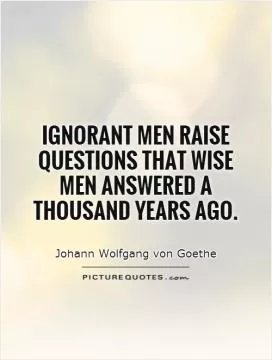
 Friendship Quotes
Friendship Quotes Love Quotes
Love Quotes Life Quotes
Life Quotes Funny Quotes
Funny Quotes Motivational Quotes
Motivational Quotes Inspirational Quotes
Inspirational Quotes